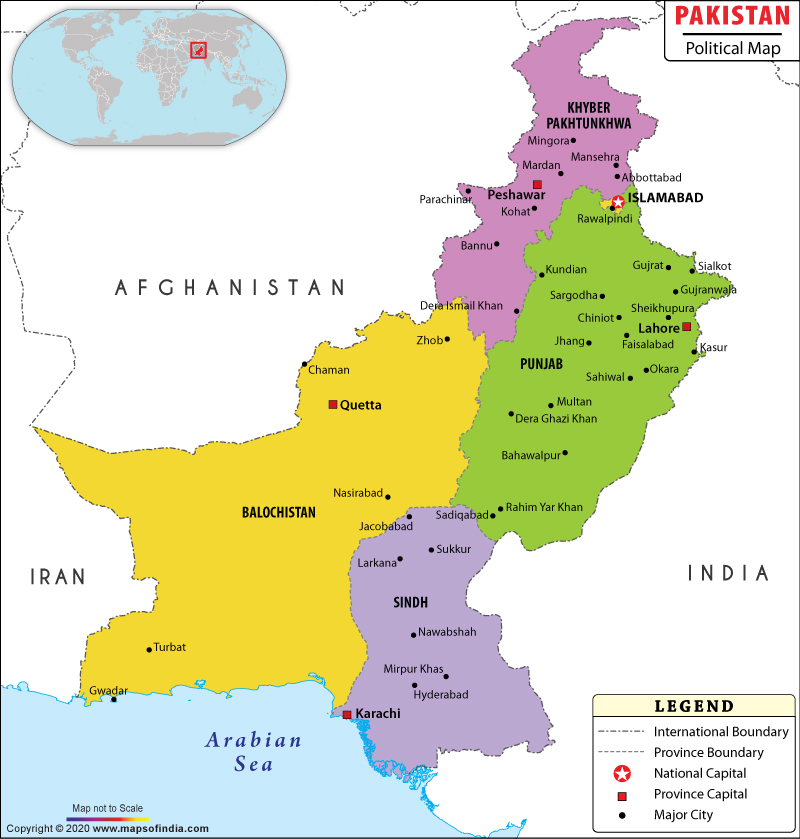Over the past few years, the national capital has been in the news for a number of pollution-related woes. From being one of the most polluted cities in the world to crumbling under the weight of a redundant garbage disposal system, from declining air pollution reports to a highly toxic Yamuna – we’ve heard it all. Recent news reports, however, bring glad tidings of positive action being initiated in Delhi and NCR. Last week the National Green Tribunal (NGT) imposed a ban on the sale, use, and even possession of non-biodegradable plastic bags with thickness less than 50 microns. The ban, though deemed an interim measure, is likely to become a permanent measure to combat pollution in the city. We hope that this is one step that is also implemented across the country.
The NGT Ruling
The NGT bench headed by Chairperson Justice Swatanter Kumar expressed anguish over the sad state of Delhi drains that are clogged by plastics. These sewer lines expose animals to plastic waste which mixes with the food and water they consume. The bench decreed that an environment compensation of INR 5000 shall be levied on any person or organization found using, selling, or stocking the banned plastic bags. The bench ruled that “There shall be complete prohibition on use of non-biodegradable plastic bags that are less than 50 microns in entire Delhi for any purpose whatsoever. The city government and the Delhi Pollution Control Committee [DPCC] shall ensure that sale, use and storage of such plastic in not allowed in shops or otherwise.”
The Green Tribunal has directed the Aam Admi Party led state government and the DPCC to file an affidavit that clearly charts the measures taken to implement the Tribunal’s directives in this regard. This affidavit shall also spell out clearly the waste management measures undertaken with emphasis on the disposal of plastic wastes.
The Delhi government has been directed to seize existing hoards of the banned bags within the next seven days.
What Plastics Have Been Banned?
Micromillimetre, usually referred to as Microns, is the international unit used to measure the thickness of plastic bags. The thinner the bag, the lower the microns, the more damaging plastics become to the environment. In India, plastic bags and trash bin liners come in varying thicknesses – 6 Microns, 25 Microns, 30 Microns, 40 Microns, 50 Microns, 75 Microns, and 125 Microns. The black bags you buy to line your trash bins, the bags the shopkeeper hands you when you buy small items are all between 6 and 40 Microns. 50 Microns and above plastic bags are used in workshops and commercial enterprises to store and dispose waste. Currently the ban has been imposed on all plastic bags which are less than 50 Microns thick – less than the thickness of a strand of human hair.
Why Only Plastics Less Than 50 Micron?
Thinner plastic bags cause greater harm to the environment. Apart from the fact that these clog up drain pipes and sewage channels, we have to keep in mind that plastics do not decompose easily. The plastics that we dispose in our garbage, can take anywhere between 20 and 1000 years to disintegrate. The thinner plastics break down into pieces and these plastic pellets are often consumed by birds and animals, thus chocking or poisoning them. By the time these bags are decomposed they will have leaked toxins into the land, water, and air causing untold harm. A small effort on our part, using cloth bags to dispose, segregating our wastes, and giving up use of any plastic less than 50 Microns can immensely help by contributing to environmental protection. We will be the ultimate beneficiaries of such positive actions.
Implementation Challenges
Despite the ruling by the NGT, environmentalists are apprehensive about the government’s ability to successfully implement the ban. Earlier this year, in January 2017, the same tribunal had banned the use of disposable plastic containers and cutlery across Delhi. The “storage, sale and use” of such material was banned from 1 January this year but the use of these is still rampant in the city. Vegetable and fruit vendors and slaughter houses were also asked to abstain from dumping garbage in public places but this is also a practice that could not be done away with. “Public authorities have failed to take appropriate steps in this regard and fulfill their statutory ligations,” said the bench.




